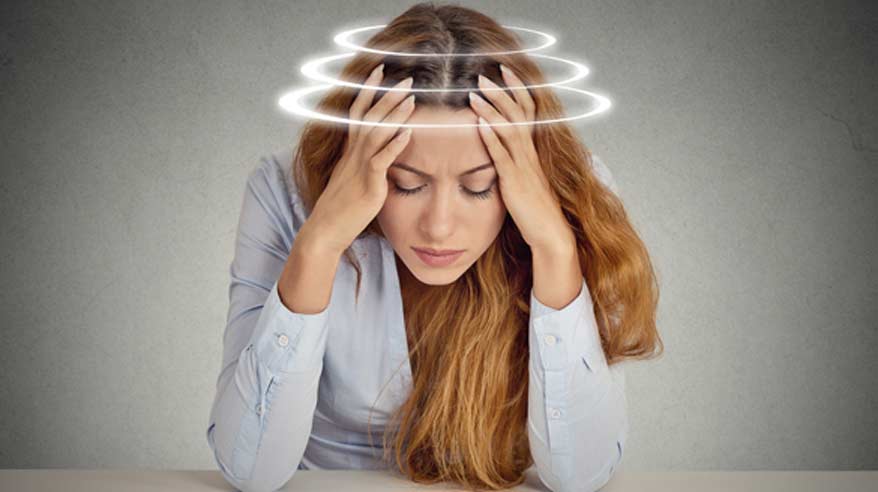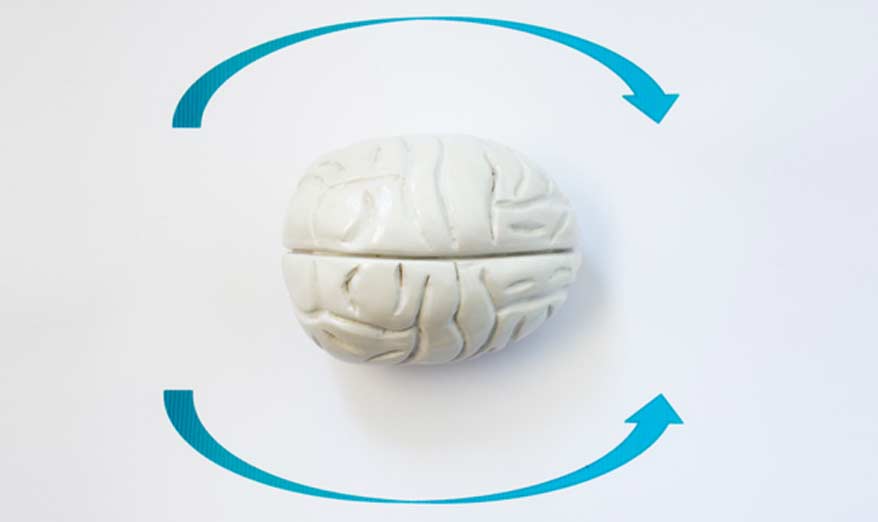
Vertigo is a sensation of spinning, dizziness, or feeling like you are losing your balance.
There are a variety of reasons you may experience vertigo. It is important to determine the cause of vertigo in order to receive proper treatment.
Causes
Vertigo is most often caused by problems in the inner ear. Ménière’s disease is one common inner ear problem that can lead to vertigo. Ménière’s disease occurs when fluid builds up in the ear, changing the pressure. People with Ménière’s disease can also experience ringing in the ears and hearing loss.
Another cause of vertigo is benign paroxysmal positional vertigo, or BPPV. BPPV develops when calcium particles form in the narrow canals in the inner ear. This interferes with your body’s ability to maintain balance.
Labyrinthitis is an inner ear problem that often develops as part of a viral infection. The infection leads to swelling in the inner ear, which affects the nerves responsible for maintaining balance.
There are other, less common, causes of vertigo. Individuals suffering from brain tumors, strokes, head or neck injuries, or migraine headaches may develop vertigo as a side effect. There are also medications that can cause vertigo as a side effect.


Symptoms
The symptoms of vertigo do not generally occur at all times. They are often triggered by moving or changing the position your head is in. Vertigo feels like you are being pulled in one direction, spinning, swaying or generally unbalanced. You may also feel nauseous, have a headache, sweat, have abnormal eye movements, and experience temporary hearing loss or ringing of the ears. Symptoms of vertigo may last as little as a few minutes to as long as a few hours.
Treatment
The treatment for vertigo depends on the cause. Some cases may resolve on their own without treatment. If the issue does not resolve on its own, there are a variety of options available. It is important to work with a healthcare provider to develop a treatment plan for your condition.
Vestibular rehabilitation is a form of physical therapy that helps strengthen the vestibular system. This treatment is often recommended for individuals whose vertigo is recurrent. It helps train your other senses to help with balance.
Canalith repositioning is a series of head and body movements that help move calcium deposits from the ear canal into the inner ear, where they are absorbed. Canalith repositioning is often recommended for individuals whose vertigo is caused by BPPV. If your vertigo is due to Ménière’s disease, your doctor may prescribe water pills. This helps your body release excess fluid, which reduces the pressure in your inner ear.
In some cases, your doctor may recommend surgery to ease vertigo symptoms. It is important to seek treatment for symptoms of vertigo. Individuals who suffer from vertigo are at an increased risk of falls and accidents during episodes of vertigo. Individuals who suffer from this condition should also use caution while operating vehicles.

